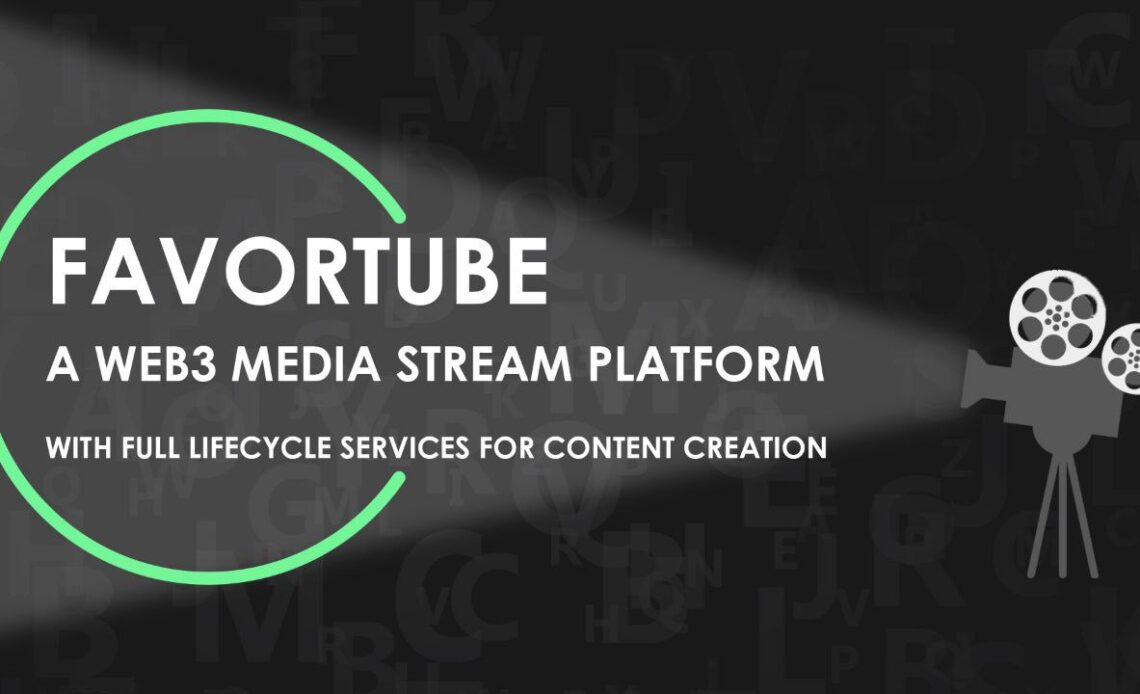More than 50 million people worldwide consider themselves to be creators of some kind of content. The content creator economy is a fast-evolving market niche that is experiencing exponential growth. Its current size is estimated to be a little over $100 billion, showing an 8-fold increase year-on-year. This new economic sector requires new approaches and instruments, as large corporate platforms exercise great power over the creators’ content, and personal websites and blogs have limited reach.
The problem with Web 2.0
In the current state of the Internet, known as Web 2.0, content is stored on a particular server or computer and accessed via a web address known as a URL, or Uniform Resource Locator, that specifies its location on a computer network and a mechanism for retrieving it. This means that the owner of the computer or the server where content is stored has complete control over whether and how it can be accessed and can limit access or even delete content at any time.
At present, if the creators of video content, photographs, or blogs want to get their material out into the world, they have little choice but to post it on major social network platforms like Alphabet’s YouTube, Meta’s Facebook and Instagram, TikTok, Pinterest, Tumblr, Snapchat, and the like. While this provides access to huge audiences, this benefit comes with major drawbacks.
This is because all content is stored and hosted on these Big Tech companies’ central servers, which these corporate behemoths have complete control of, and creators must give up a great deal of power over their content to put it there. At any time and at their own discretion, these social media giants can block any content they dislike or deprive creators of the ability to earn money from it. The platform has no legal obligations to the creators, so creators have no right to claim damages. All revenue generated by the creators’ content is collected and distributed by the network, and creators have no say as to what share they will receive. This disparity in terms of power and revenue puts content creators at a great disadvantage.
Could Web 3.0 be the answer?
The answer to this conundrum may be the third iteration of the internet: Web 3.0
Web 3.0 represents a whole new stage of development for the internet, in which working with web content will be organized in a completely different way. It is based on decentralizing content by storing data not on just one central server, but distributing it…
Click Here to Read the Full Original Article at NewsBTC…
























